Islamic degrees provide the multidisciplinary perspective of every aspect related to Islam as well as Islam as a whole and the Islamic world. The discipline provides an academic method that incorporates theoretical and comparative approaches which have evolved in the current scientific study of Islam. Islamic studies incorporate historical data as well as religious and cultural studies as well as philosophical ideas.
The courses in Islamic studies cover information on the Arab-Islamic civilization, as well as its most significant aspects, its society, and the cultural aspects that characterized the Ottoman Empire. Students will also be able to learn about the divergence in linguistics and the convergence of cultures throughout the Islamic world throughout its history. Other classes cover topics like crisis revolutions within the Middle East, the Qu'ran and its interpretations, as well as Islam as a religion. Islam.
Students will be able to acquire advanced knowledge that includes an advanced understanding of the jurisprudential, theological as well as historical, contemporary, as well as spiritual aspects of Islam. The programs that focus on Islamic studies also train students for understanding the various ways that Islam has shaped the human experience in the past and today.
Islamic studies graduates typically work in jobs such as translators and interpreters, the Middle East specialized journalists; newspapers, radio or television channel editors; and scientists researchers.
Eligibility:
Candidates who want to take admission in Ph.D. must have a post-graduate degree in Sociology with at least 55% marks from a recognized university and must have passed the national level entrance examination or university level entrance examination. National levels entrance exams like UGC NET / UGC CSIR NET / GATE / SLET or University entrance exams consisting of written tests and personal interviews
The Benefits of Arab Culture and Islamic Studies
There are many advantages of completing this course:
They have teaching jobs in colleges/universities after this course and then cleared the UGC-NET exam required for becoming a permanent lecturer.
They can find jobs in government administration, and a variety of other areas, like the arts and sciences.
When you have completed your Ph.D. you will be qualified to hold a professorship within Islamic Studies and also to teach at universities and colleges using UGC scales.
Career and Job Opportunities:
Candidates who complete their Ph.D. within the Islamic Studies program have a fantastic opportunity to study areas that relate to studies of Islam.
They can avail themselves of a variety of options in the areas of religious centers, NGOs as well as travel and tourism translation agencies, media and universities, research firms as well as scientific literature, the hotel industry, international organizations, and many more.
Candidates can also decide to work as translators, authors tourist guides, professors, and teachers at universities and colleges. Social workers and more.
Course Duration:
The Ph.D. Arab culture and Islamic studies courses are a minimum of 3 years and a maximum of 5 duration. This depends on the university offering the course.
Course Fees:
The average fee for Ph.D. Arab culture and Islamic studies degree is between INR 50000 and INR 500000.
 5 Years
5 Years
 PhD
PhD
 Research
Research







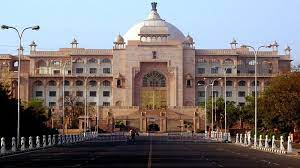
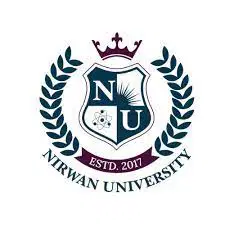


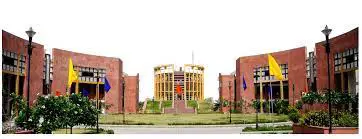
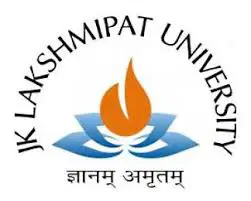

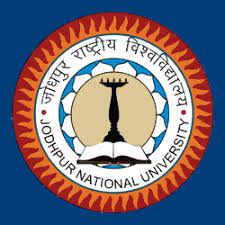
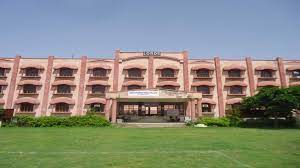
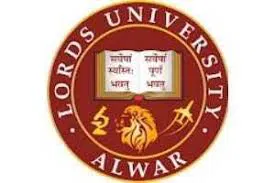



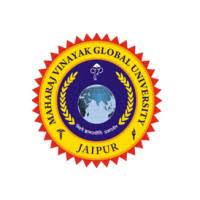







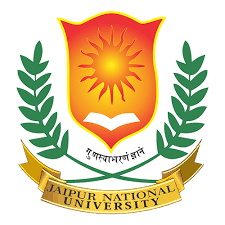
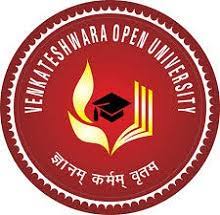
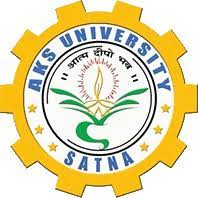



 back
back